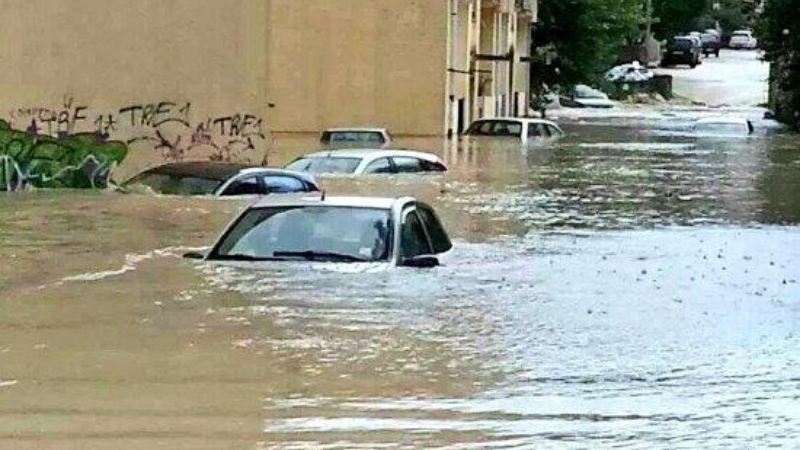Reporters Without Borders (RSF) and more than 60 environmental journalists from 34 countries are calling on participants in the United Nations’ COP26 climate conference to respect the right to cover international issues.
The appeal, ‘climate emergency, journalism emergency’, highlighted the obstacles that long term, professional environmental journalists face when trying to provide information about the issues, which they say are “crucial for all humankind”.
As these stories become more alarming, they asked governments to officially acknowledge that the right to information on these issues is inherent in the right to a healthy environment and a right to health. Signatories include RSF Press Freedom laureate Gregory Pasko and Pulitzer Prize winner Gaelle Borgia.
While the Rio de Janeiro Earth Summit established the right to cover environmental issues in 1992, RSF says this right is not being respected.
“Nearly 30 years after the right to cover environmental issues was proclaimed in the UN Earth Summit declaration in Rio de Janeiro in 1992, this right must finally become a reality, it must finally be applied and respected without exception, as something self-evident,” RSF secretary-general Christophe Deloire said.
“At the hour of the climate emergency, this is a journalistic emergency. Environmental coverage is now vital.”
Furthermore, it is not easy to obtain information and scientific data about the environment in some countries. In others, it can cost journalists their lives. According to the appeal, 21 journalists have been killed for investigating climate and environmental issues in the last two decades.
The signatories to the letter call for the concrete implementation of international law to protect these journalists.
COP26 is ongoing in Glasgow, running from 31 October and 12 November, under the co-presidency of the UK and Italy. It is the 26th of its kind, within the UN Framework Convention on Climate Change, and the third meeting of all parties to the Paris Agreement.
This year’s event takes place in the midst of an energy crisis as many countries around the world scramble to purchase enough fuel to last the winter, and consumers face skyrocketing prices.
Topics on the table will include emissions, new energy sources and nuclear power, which has seen a resurgence in popularity, particularly in Europe over the last few months.
The world’s eyes will be on the conference as pressure mounts to combat climate change and environmental issues in a meaningful way.
Yet past conferences have not always been productive, with the last breakthrough coming in 2015 when almost every nation in the world signed up for the Paris Agreement to stop spiralling climate change.
Most leaders from the world’s biggest and most powerful countries are expected to attend. Notable by their absence, however, is Russian leader Vladimir Putin and Chinese President Xi Jinping, leaders of two of the world’s largest polluters.
They are also leaders of two of the countries in the world that rank lowest on the RSF World Press Freedom Index, in 150th and 177th place, respectively.
Featured pic shows floods in Calabria. Photo: twitter.com/Ladymistakes1












